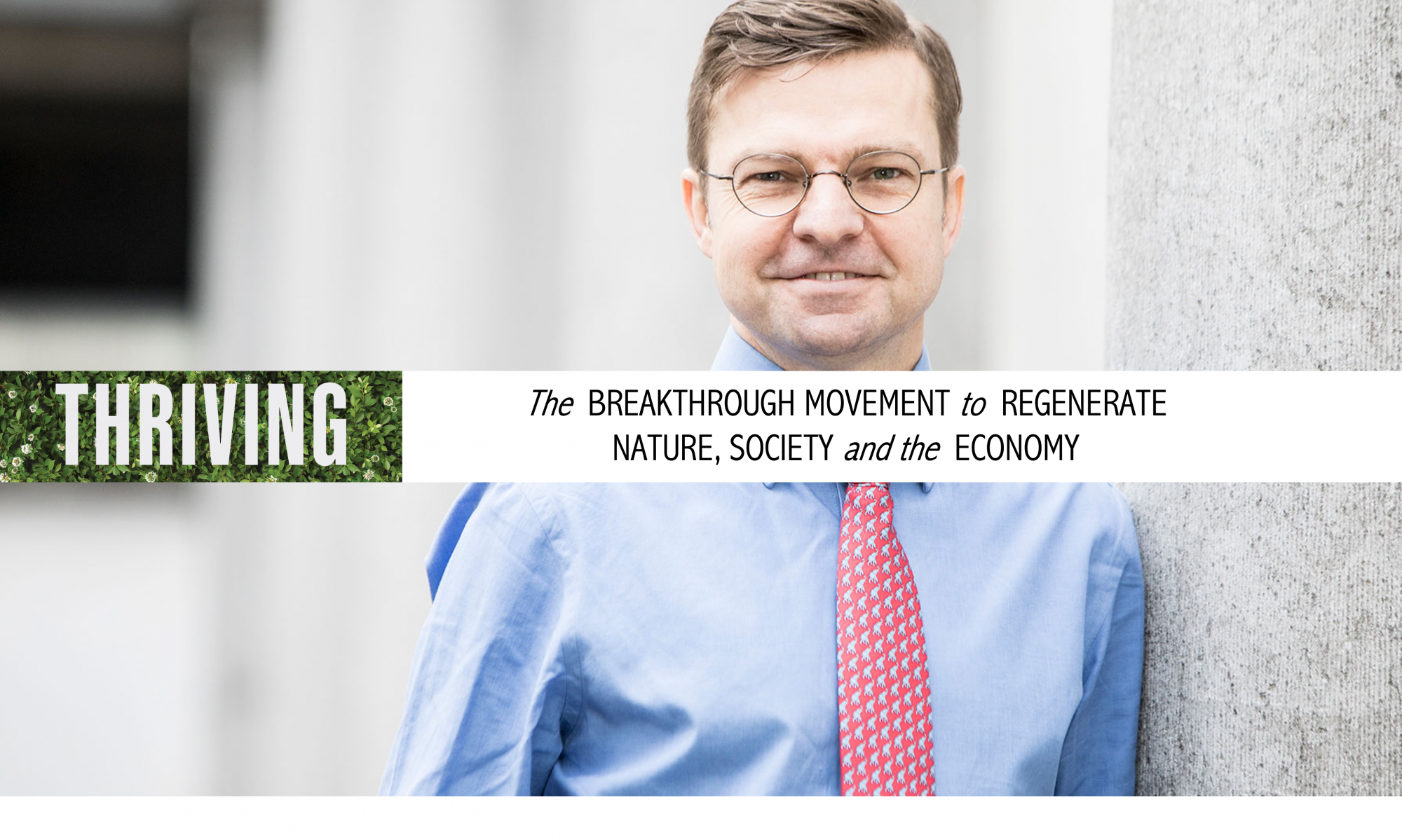Glocality:
Thinking Global and Acting Local in CSR
Blog by Wayne Visser
The term ‘glocal’ – a portmanteau of global and local – is said to come from the Japanese word dochakuka, which simply means global localization. Originally referring to a way of adapting farming techniques to local conditions, dochakuka evolved into a marketing strategy when Japanese businessmen adopted it in the 1980s.
It is said that the English word ‘glocal’ was first coined by Akio Morita, founder of Sony Corporation. In fact, in 2008, Sony Music Corporation even trademarked the phrase ‘go glocal’. Glocality was subsequently introduced and popularized in the West in the 1990s by sociologists Manfred Lange, Roland Robertson, Keith Hampton, Barry Wellman and Zygmunt Bauman.
The underlying concept of ‘think global, act local’ claims somewhat more varied origins. In a broad, abstract sense, it is captured in the ancient Hermetic idea of ‘as above, so below’ – the macrocosm is reflected in the microcosm and vice versa. Or as Goethe put it: ‘If (we) would seek comfort in the whole, (we) must learn to discover the whole in the smallest part.’ More concretely and recently, the Scots town planner and social activist Patrick Geddes applied the concept in his 1915 book Cities in Evolution, saying:
Local character is thus no mere accidental old-world quaintness, as its mimics think and say. It is attained only in course of adequate grasp and treatment of the whole environment, and in active sympathy with the essential and characteristic life of the place concerned.
Sometimes, glocality maintains its geographical rootedness. For example, Neighborhood Knowledge California is a project of the Advanced Policy Institute at the University of California, Los Angeles, which serves as a state-wide, interactive website that assembles and maps a variety of databases that can be used in neighbourhood research. Its aim is to promote greater equity in housing and banking policy. In addition, it functions as a geographic repository for users to map their own communities by uploading their own datasets.
When and by whom the phrase ‘think global, act local’ was first applied to environmental issues is a matter of some dispute. It may have been introduced by David Brower, founder of Friends of the Earth, in 1969, or by Rene Dubos as an advisor to the 1972 UN Conference on the Human Environment. Also, in 1979, Canadian futurist Frank Feather chaired a conference called ‘Thinking Globally, Acting Locally’. Whatever its origins, the notion of glocality has entered into the popular consciousness.
It was given its most visible and practical expression when the Rio Earth Summit issued Local Agenda 21 in 1992, which was a programme of action for applying the global principles of sustainable development in local contexts. Today, there is also a Glocalist magazine in Austria that offers a daily online newspaper, weekly digital magazine and monthly print magazine …
Continue reading
[button size=”small” color=”blue” style=”download” new_window=”false” link=”http://www.waynevisser.com/wp-content/uploads/2012/08/blog_glocality_wvisser.pdf”]Pdf[/button] Glocality: Thinking Global and Acting Local in CSR (blog)
Related websites
[button size=”small” color=”blue” style=”tick” new_window=”false” link=”http://www.waynevisser.com/books/the-age-of-responsibility”]Link[/button] The Age of Responsibility (book)
[button size=”small” color=”blue” style=”tick” new_window=”false” link=”http://www.csrinternational.org”]Link[/button] CSR International (website)
Cite this blog
Visser, W. (2011) Glocality: Thinking Global and Acting Local in CSR, Wayne Visser Blog Briefing, 11 July 2011.
Share this page




